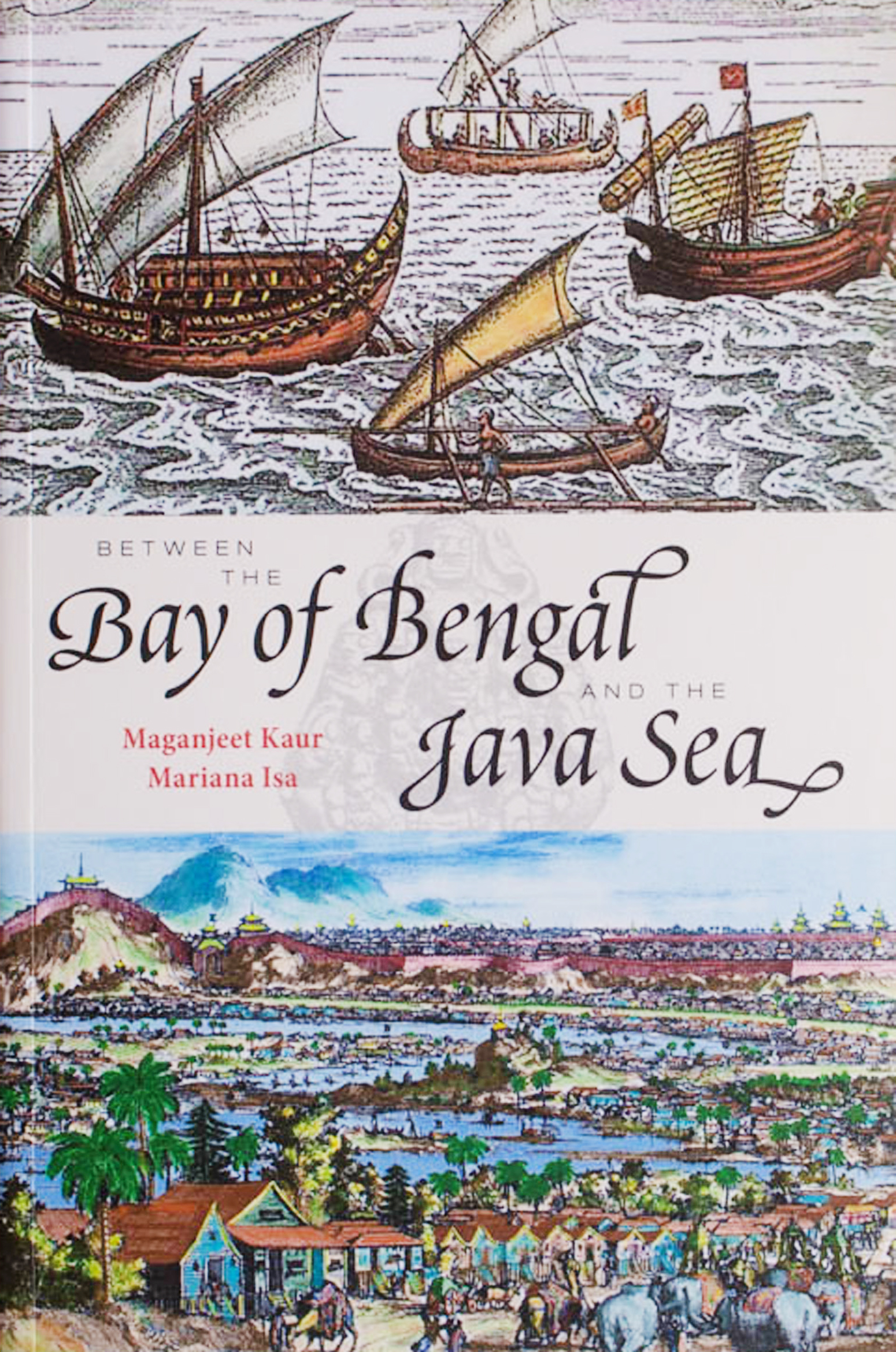
Between the Bay of Bengal and the Java Sea
RM 75.00
- Publication Year: 2020
- Publisher: Marshall Cavendish Editions
- Binding: Softcover
- Pages: 256 pages
- ISBN: 9789814779272

RM 75.00
Summary
The people of Southeast Asia have a long history of shared culture.
From Myanmar to Papua, the inhabitants built wooden houses on poles,
whether they lived in flooded coastal plains or in the highlands.
Their diet consisted mainly of rice and fish. They engaged in
pastimes such as cockfighting and sat enthralled at wayang kulit
performances. Offering betel to guests was the cornerstone of
hospitality.
How did such features come to spread across an area of 4.5 million
square kilometres? For all its diversity of ethnicity, language and
religion, Southeast Asia can best be understood as a region knit
together by a network of trade routes over land and sea.
This revelatory new book traces the diffusion of cultures between
the Bay of Bengal and the Java Sea, beginning from the last few
centuries BCE, by looking at trade goods such as Indian textiles,
Vietnamese Dong Son drums, Chinese ceramics, and spices from the
Indonesian archipelago. The authors take us through a host of
ancient port-cities and kingdoms, such as Srivijaya, whose fortunes
were intimately tied to these trade routes, pointing out striking
similarities in architecture, writing systems and everyday customs.
Richly illustrated with maps, drawings and photographs, Between the
Bay of Bengal and the Java Sea takes you on a fascinating voyage
into the region's colourful past.